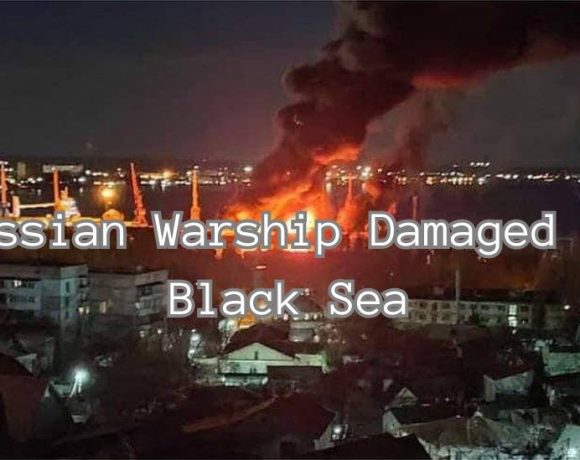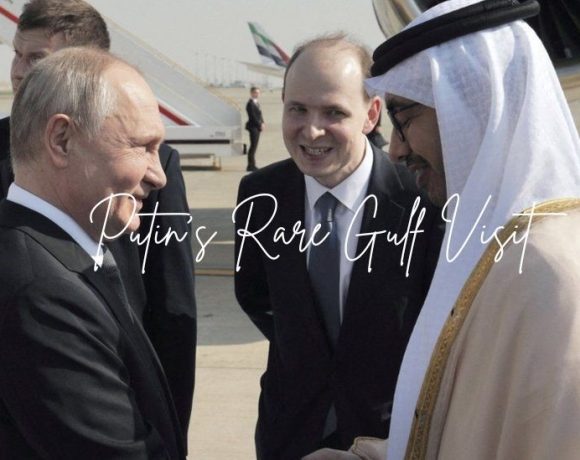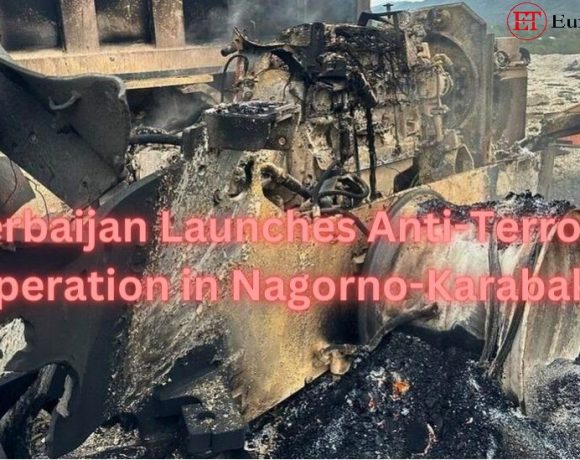
A Ukrainian airstrike targeted a Russian warship, the Novocherkassk, at the Black Sea port of Feodosiya in Russian-occupied Crimea, causing damage and casualties. The attack occurred early on a Tuesday morning, with the Ukrainian Air Force claiming responsibility and stating that their warplanes had successfully destroyed the ship using guided missiles. According to the Russian Ministry of Defence, the large landing ship was hit, resulting in one fatality and several injuries. Six buildings were damaged, and some people had to be relocated to temporary accommodation centers. The port’s transport operations were reportedly functioning normally after the area was cordoned off, and the fire caused by the attack was contained.
Footage depicting a substantial explosion at the port was shared by Ukrainian Air Force Commander Lt Gen Mykola Oleshchuk, though independent verification of the images is lacking. Satellite imagery from December 24 showed a ship at the port matching the length of the Novocherkassk. This landing ship is designed for transporting troops, weapons, and cargo to shore.
There have been previous instances of Ukrainian forces targeting the Novocherkassk. In March 2022, the ship was reportedly damaged in an attack on the occupied Ukrainian port of Berdyansk, where another amphibious assault ship, the Saratov, was sunk. Lt Gen Oleshchuk mentioned on Telegram that the Novocherkassk had met a fate similar to the Moskva, Russia’s Black Sea Fleet flagship, which sank in the Black Sea the previous year.
Ukrainian President Volodmyr Zelensky expressed gratitude to the Ukrainian Air Force, joking about the “impressive replenishment” of the Russian Black Sea fleet. He emphasized that occupiers would find no peaceful place in Ukraine. The ongoing conflict stems from Russia’s seizure and annexation of Crimea from Ukraine in 2014, with Russian forces based in Crimea playing a significant role in the full-scale invasion of Ukraine in February 2022. Ukrainian forces have repeatedly targeted Russian forces in Crimea, destroying and damaging multiple navy ships in the Black Sea. Last September, a missile strike on the Black Sea fleet’s headquarters in Sevastopol led to the relocation of much of the Russian Black Sea fleet to Novorossiysk.
Picture Courtesy: Google/images are subject to copyright


